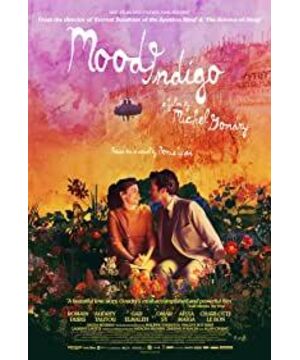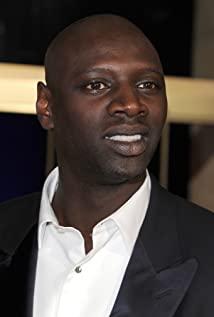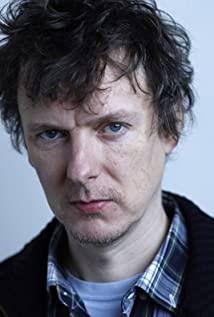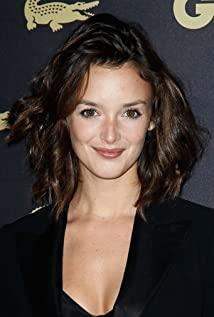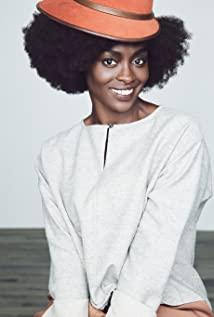But Gondry did it (the $20 million-plus budget wasn't in vain). He has successfully visualized almost all of the author's absurd imaginations. At the beginning, the scene where Nikolai prepares dinner for the rich and handsome male protagonist Colin is amazing! All kinds of DIY props and complex mechanical devices come alive in the director's iconic stop-motion animation, and they are not abruptly integrated with the plot. Compared with the previous work "Scientific Sleep", it is simply a primary school student's manual work. The most beautiful and romantic moment of the picture from beginning to end is when the hero and heroine ride through the clouds in the sky over Paris, and then run hand in hand in the tunnel with floating feathers. There are two relatively bloody scenes (especially when the factory turned into a meat grinder), but they were all realized according to the author's intentions, which can also be seen as satirizing the blindness of intellectuals and paving the way for a dramatic turn of events.
In fact, putting aside those fancy elements, "Bubble Life" is essentially a love story, tragic and not new. The rich boy Colin played by Hippo and Chloe played by Tatu ("Angel Loves Beauty") met and fell in love. But when the heroine's lungs were invaded by water lilies (should be an artistic expression of tuberculosis) and required expensive treatment (one of which was to wrap her chest with various flowers to expel the "water lilies"), Colin's life also began to become difficult. The loyal housekeeper was sent away, and he had to go out to work (in the weapons factory, the lethal metal bulbs were grown with body temperature).
Both Hippo and Tatu are my favorite actors. They played a couple in "Spanish Apartment" in 2002. Of course, it is of commemorative significance to cooperate again after ten years. It is a pity that the tacit understanding still exists but there is no surprise: Tatu is now Playing a girl is inevitably too difficult; Hippo is limited by the role, only smirking and tangled. The director spent too much thought on props and sets, which was helpful for the easy love in the first half, but when the protagonists fell into a miserable situation, the complexity of the external design was distracting -- it seems that the director was determined to innovate the props And the special effects experiments are carried out to the end, but they are unwilling to make great efforts to express the emotions of the characters. For example, although the production process of the piano cocktail is loyal to the original book and is interesting, it has little connection with other plots. The screenwriter can completely omit it, but should use more details to express the characters, even if it is a little emotional.
It is true that the change of the protagonist's residence roughly corresponds to the ups and downs of the two people's situation. Perhaps each segment is a beautiful MV when viewed separately, but the "correspondence" of the two consecutive hours will inevitably cause aesthetic fatigue. The director's own appearance as a doctor made the second half of the film a little better. He was in the same shot with Tatu and Hippo, and it was still very chemical.
Other supporting roles in the film include Black actor Omar Sy (who plays the hero's butler and chef) of "Untouchable" fame, and comedian Gad Elmaleh (the hero's good friend, who is obsessed with Sutter). Also, the big thinker Pat in the film is no doubt a tribute to Sartre (his partner even shares the same name as Beauvoir). But the roles of Sartre and the male protagonist's friend can only be regarded as "Variety Big Coffee Show"-level performances, and the exaggerated shapes are more superficial because of excessive force.
View more about Mood Indigo reviews


